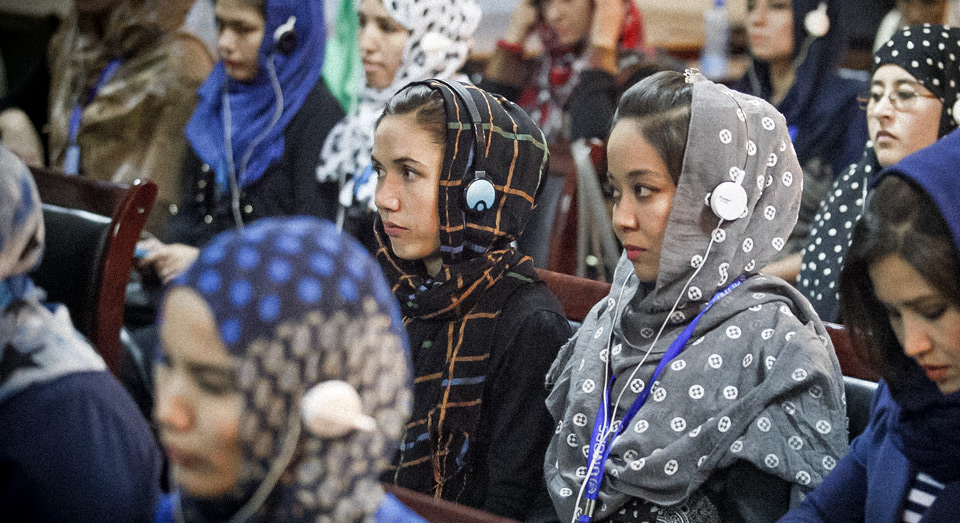Supporting grassroots women’s organizations and gender-responsive community-based justice mechanisms

Output area 3
The outputs will aim to achieve the following: Women Human Rights Defenders have the knowledge and know-how to use United Nations Human Rights mechanisms and to engage with government representatives to address human rights issues pertaining to Women’s Access to Justice - in both formal and informal justice contexts.
Programme initiatives
Human rights training on environmental protection and land rights across the region.
Recognizing the importance of a strong environmental and human rights movement and of the challenges of intersectionality, the programme aims to unify and strengthen the voices of human rights defenders to tackle climate change. In August 2019, in close cooperation with the United Nations Expert Mechanism on Rights of Indigenous Peoples, the Women’s Access to Justice programme co-organized a workshop for indigenous youth human rights defenders in Bangkok. The event provided a safe space for 29 participants to discuss human rights, women’s rights and climate justice issues.
Through its partnership with OHCHR, the Women’s Access to Justice programme will organize four human rights capacity-building workshops for selected women human rights defenders with a focus on the documentation and reporting on human rights violations and the use of the United Nations human rights mechanisms.
Establishing a unified movement of Women Human Rights Defenders in the Pacific
In July 2019, the Pacific Human Rights Defenders Network was launched in Fiji with support from the Women’s Access to Justice programme. The purpose of the network is to promote the protection of human rights and to ensure the collective protection and empowerment of human rights defenders in the Pacific region with a special emphasis on women and gender non-conforming human rights defenders. The network currently has close to 100 human rights defenders, the majority of whom are women. Key priorities for the network include providing technical assistance and strengthening the Pacific Human Rights Defenders Network to formulate a protection strategy for human rights defenders across the Pacific Islands.